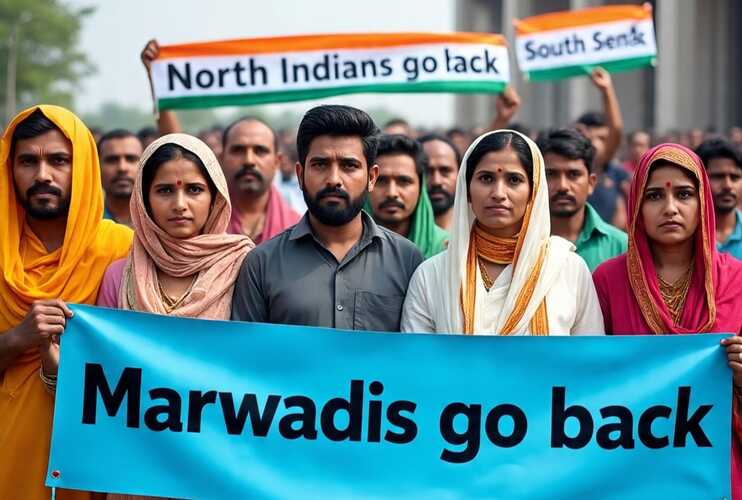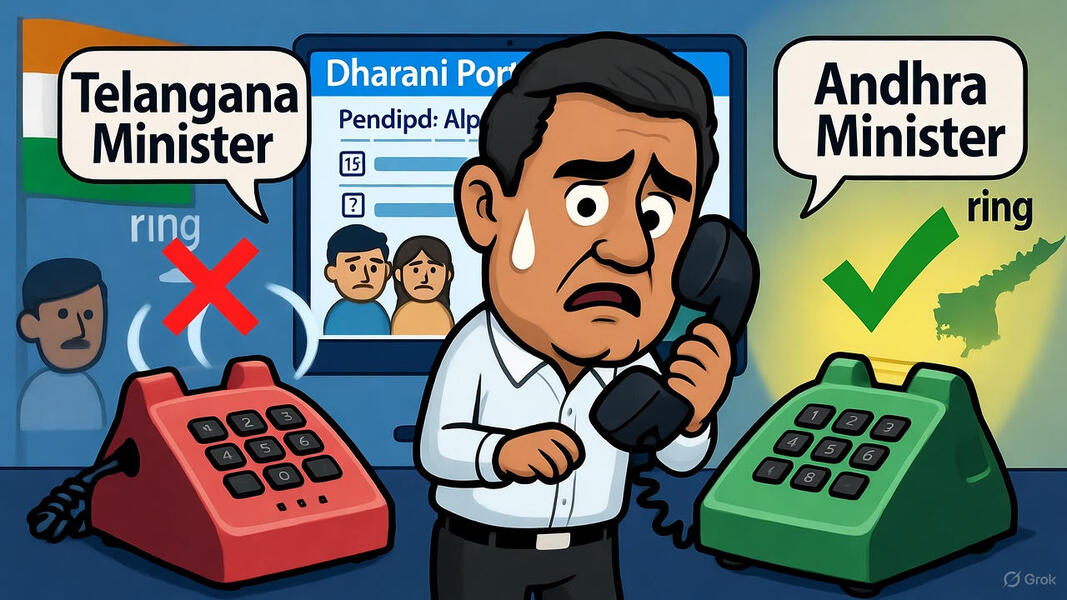Article Today, Hyderabad:
A wave of resentment against Marwadi business families is surfacing in Telangana. Local traders allege that they are unable to withstand the aggressive expansion of Marwadi-owned businesses. From grocery stores to jewellery shops, their presence has grown across the State. As a result, several local business families, particularly Vaishyas, are said to be winding up operations.
Marwadi in India’s Wealth Map
Marwadi business families hold a dominant share of India’s corporate wealth. Rakesh Jhunjhunwala, who turned a small investment into billions, was a Marwadi. The founders of D-Mart, OYO, Lenskart, and Ola also belong to the community. Groups such as Aditya Birla, Bajaj, Goenka, and Raymond trace their roots to Marwadi families. Reports suggest that nearly 42 percent of India’s wealthiest individuals belong to this community. Their methods of enterprise, many argue, overshadow conventional business models taught in management schools.
Tensions on the Ground
In recent weeks, incidents of confrontation have sharpened anti-Marwadi sentiment. A dispute over parking space in Secunderabad’s Monda Market escalated into clashes between local traders and Marwadi shop owners, visuals of which went viral on social media. In Amanagallu, protests against Marwadi business influence culminated in a bandh earlier this week. These developments are seen as signs of mounting frustration among local traders.
Wider Concerns of North Indian Dominance
The discontent is not limited to Marwadi families alone. Critics argue that an influx of North Indian business communities, workers, and professionals is reducing opportunities for locals. The perception of economic and cultural dominance adds to the resentment. Political and economic power, they say, is already concentrated in the hands of North Indian elites, who occupy top positions in government, business, and cultural institutions.
Political Implications
There are also fears that future delimitation of constituencies could further weaken the South’s political influence. With the redrawing of boundaries, southern States may lose seats in Parliament while northern States gain more representation. Observers warn that this shift could marginalise the South’s voice in national politics, reinforcing the perception of a northern grip on power.
Organised Resistance
Against this backdrop, organisations such as South Sena and the South India Media Association (SIMA) are mobilising campaigns. Their stated aim is to protect the economic and political interests of southern States. Leaders argue that unchecked dominance by northern business families, particularly Marwadi, could erode local enterprise and long-term regional growth.



